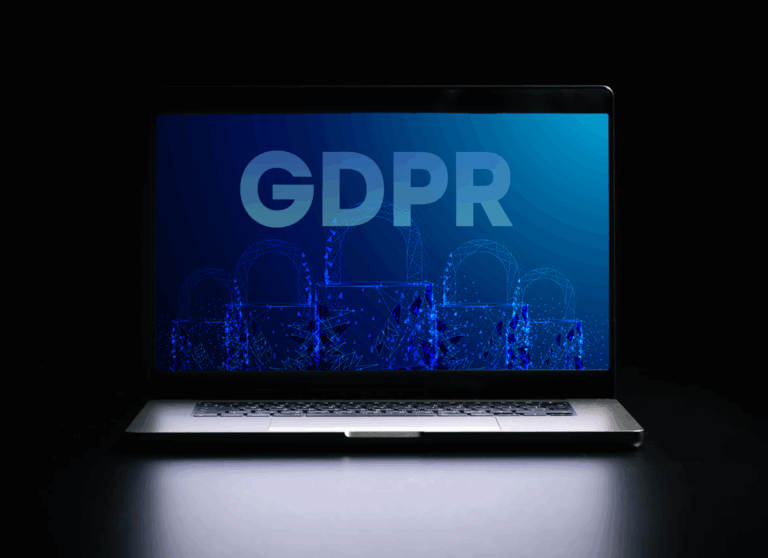Home » Products & Services » Log Guard
JMJ Log Guard - Your company's important security tool
Log information tells what, why, and when something happened. The information is used to investigate possible errors and abuses.
JMJ Log Guard - Log Management and SIEM

Documenting and analyzing log data in real time enhances information security
Log data is generated all the time everywhere, as all systems document their events, which reveal critical information for operations. The main problem with log management is precisely the huge number of events and the scattered locations of the logs. In order to detect and prevent security incidents, analyzing log data in real time or afterwards would be extremely important.
JMJ Log Guard makes it possible to collect log data in real time into a centralized system. Without collecting and analyzing log data, it is impossible to determine the causes of errors or problems and difficult to fix them.
The JMJ Log Guard tool analyzes situational information collected from multiple sources in one place and generates alerts for suspicious observations (for example, failed login attempts with administrator credentials from an unusual location at an unusual time). This enables effective intervention and prevention of security breaches.
JMJ Log Guard complies with the EU General Data Protection Regulation ( GDPR ) requirements, where data protection must extend to an organization's business processes, information networks and applications. GDPR also includes a duty to notify data breaches. An organization is required to notify authorities within 72 hours if a potential data breach is suspected.
EU Cybersecurity Directive NIS2 obligations also entered into force in Finland on 8 April 2025. NIS2 particularly concerns medium-sized and large companies in critical sectors such as energy, healthcare, water management, logistics, digital services and ICT, and cloud services. NIS2 The Directive also imposes an obligation on companies to report significant deviations and to notify data security breaches.
With JMJ Logwatch you can:
to servers, when and from where
or saving directory or files
to the company's network and systems
has come, when and from which device

Log management and SIEM
(Security Information and Event Management)
SIEM service detects, processes and stores log data. JMJ Log Guard enables the collection of log data from multiple independent sources. Each organization's log management needs are unique, so centralized log management and the number of log sources are defined according to the needs of the client company.
JMJ Log Guard SIEM service features
for example, access rights to a location,
and also events and errors, which helps to
monitor IT systems operation
and suggest optimization targets
FAQ - Frequently asked questions about log data
What does
Log Data mean?
Log information tells you what, why and when something happened. Log information is system event information from devices such as computers, phones, routers, etc. that is automatically logged. In addition to event information, log information can contain various identifying information such as personal information.
Why Log Data
is collected?
Log data can be used to verify and investigate events in information systems. Log data is crucial when investigating information system problems or even data breaches. Without log data, it is impossible to correct errors.
What kind of Log Data can a company have?
There should always be a good reason for collecting log data. For example, a company's payment transaction logs can be used to identify payers, recipients, and amounts. When investigating information security issues, log data is needed that shows anomalies and who has accessed the data.
Who is responsible for company's Log Data?
A good logging environment is a database that is separate from the rest of the system, with limited access and editing. The company's management is ultimately responsible for the company's log data. The GDPR and the NIS2 Directive impose a duty on companies to notify data breaches.

